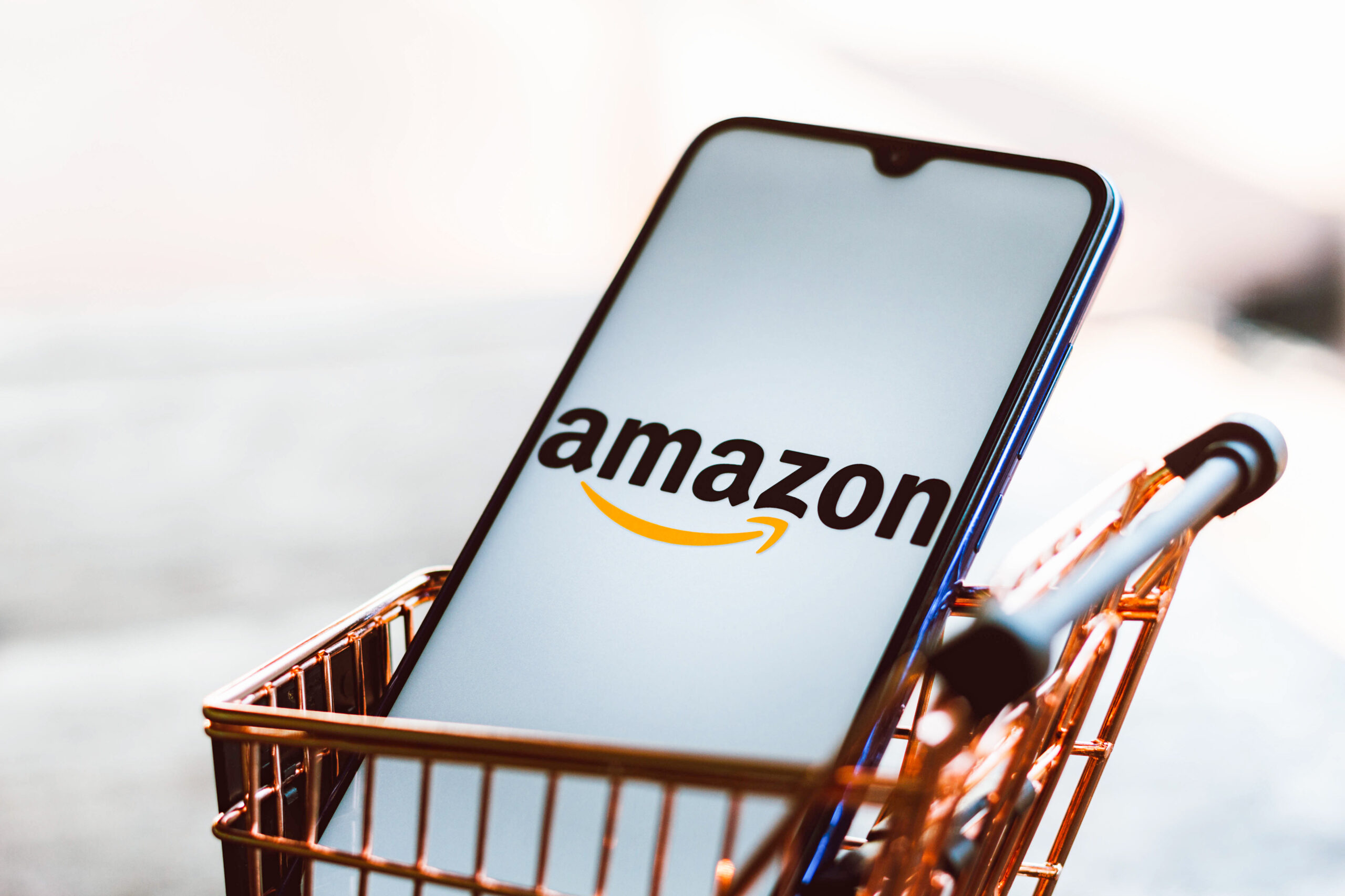
In the ever-evolving digital landscape, the importance of local search engine optimization (SEO) cannot be overstated, especially for businesses operating in the United Arab Emirates (UAE). As consumers increasingly turn to the internet to find local products and services, optimizing your online presence for local searches has become crucial. In this comprehensive guide, we\’ll explore the intricacies of local SEO and provide actionable strategies for UAE-based businesses to enhance their visibility online.
Understanding Local SEO
The goal of local SEO, a subset of search engine optimization, is to increase a company\’s exposure in local search results. When users search for products or services in a specific location, search engines like Google strive to deliver the most relevant and geographically targeted results. For businesses in the UAE, optimizing for local searches can significantly impact their online visibility and attract potential customers in the region.
Key Components of Local SEO
Claim and Verify Your Listing
Claiming your GMB listing is the initial step to take control of your business information on Google. To do this, visit the Google My Business website and follow the prompts to claim your listing.
Verification is a critical next step to confirm the legitimacy of your business. Google typically sends a verification code via mail to the address listed for your business.
Provide Detailed Business Information
Accurate business information is the foundation of a well-optimized GMB listing. Ensure that your business name, address, and phone number (NAP) are consistent with what\’s listed on your website and other online platforms.
Include your website URL to direct users to your online presence. Additionally, inputting your business hours ensures that potential customers know when you\’re open for business.
Address, Phone Number, Website
Address: Provide the exact location of your business, including the city and any relevant landmarks. This information helps Google understand your business\’s geographical relevance, improving its chances of appearing in local searches.
Phone Number: Use a local phone number to further emphasize your business\’s ties to the UAE. This not only aids in local SEO but also facilitates direct communication with potential customers.
Website: Linking your website reinforces your online presence. Ensure that the URL is correct and leads users to a well-optimized, user-friendly website.
Business Hours
Specify your business hours accurately to inform potential customers about the times they can visit or contact you. This is crucial information for users looking for services during specific hours, contributing to a positive user experience.
High-Quality Images
Visual content is a powerful tool for attracting customers. Upload high-quality images that showcase your products, services, and the ambiance of your business.
Include images of the interior and exterior of your establishment to give potential customers a virtual tour. This helps in creating a positive first impression and establishing a connection before they physically visit your business.
Regularly Update Information
Keep your GMB listing up-to-date. If there are any changes in your business information, such as a new address or updated business hours, promptly update your GMB profile to maintain accuracy.
Regular updates signal to both users and search engines that your business information is reliable and current.
Local Keyword Research
Begin by understanding the specific terms and phrases that potential customers in the UAE are likely to use when searching for products or services. Consider the cultural nuances and language preferences relevant to the region.
Use Localized Keywords
Focus on keywords that are specific to your business and location. For example, if you run a restaurant in Dubai, incorporating keywords like \”best restaurants in Dubai\” or \”Dubai dining\” can attract local search traffic.
Competitor Analysis
Examine the keywords that the rivals in your area are focusing on. This can provide insights into terms that are effective in your industry and location. Tools like Google Keyword Planner or SEMrush can assist in identifying competitor keywords.
Google Trends and Insights
Utilize tools like Google Trends to understand the seasonality and popularity of certain keywords in the UAE. This can help you tailor your content to align with trending topics or seasonal interests.
Incorporate Keywords Naturally
Once you have identified relevant keywords, seamlessly integrate them into your website content. Include keywords in meta tags, including title tags and meta descriptions. These concise snippets play a crucial role in how your pages appear in search engine results.
Localized Content Creation
Begin by gaining a deep understanding of your target audience in the UAE. Consider their cultural preferences, language nuances, and specific interests. This insight will guide your content creation efforts to align with the expectations of your local audience.
Create Relevant Blog Posts
Develop blog posts that address topics relevant to your audience in the UAE. This could include industry trends, local news, or even specific challenges and solutions that resonate with your customers.
Articles Tailored to Local Interests
Craft articles that speak to the unique interests and preferences of your UAE audience. This could involve creating content related to local traditions, events, or activities that are popular in the region.
Optimize Landing Pages for Local Search
If your business has multiple locations in the UAE, create landing pages specific to each location. Customize the content on these pages to reflect the unique offerings and characteristics of each area.
Highlight Local Events and News
Regularly update your content to include information about local events, festivals, and news. This not only demonstrates your business\’s awareness of the community but also positions your brand as an integral part of local happenings.
Social Media Engagement
Extend your localized content strategy to social media platforms. Share snippets of your blog posts, event highlights, and community involvement on platforms like Instagram, Facebook, and Twitter.
Online Reviews and Reputation Management
Make it simple for satisfied customers to leave reviews. Provide direct links to your business profiles on review platforms through emails, newsletters, or on your website.
Incentivize Reviews Responsibly
While it\’s generally against the policies of many review platforms to offer incentives for positive reviews, you can encourage reviews by highlighting that you value customer feedback. You might consider running periodic contests or giveaways for customers who share their experiences.
Monitor Reviews Regularly
Stay vigilant by regularly monitoring reviews on various platforms. This allows you to address both positive and negative reviews promptly. Set up notifications or use online reputation management tools to stay informed about new reviews.
Engage with Positive Reviews
Responding to positive reviews not only shows appreciation for your customers but also boosts your online reputation. Thank customers for their feedback and express your commitment to maintaining high standards.
Learn from Feedback
Negative reviews can sometimes highlight areas for improvement in your business. Share internally with your team to continually refine and optimize your business processes.
Local Link Building
Start by identifying other businesses and organizations in your local community. Look for businesses that complement yours or share a similar target audience. This could include suppliers, partners, or even non-competing businesses in the same industry.
Build Genuine Relationships
Establishing genuine relationships is the foundation of successful local link building. Attend local networking events, join business associations, and engage in community activities to connect with other business owners and professionals.
Offer Value Before Seeking Links
Before asking for a link, focus on providing value to the local businesses or organizations you want to collaborate with. This could involve promoting their events, sharing their content on social media, or offering to collaborate on a joint project.
Building a positive relationship first increases the likelihood of them being receptive to linking to your website.
Participate in Local Events
Actively participate in local events, conferences, and meetups. Event organizers often appreciate support from local businesses, and this involvement can lead to online mentions and backlinks.
Collaborate on Local Projects
Collaborate with other businesses or organizations on local projects that align with your brand values. This could include joint marketing campaigns, community service initiatives, or local awareness projects.
Document these collaborations on your website, and encourage your partners to do the same, creating opportunities for cross-promotion and backlinking.
Create Local Resource Pages
Develop valuable resources or guides related to your industry that specifically cater to the local audience. This could be a directory of local businesses, a calendar of local events, or informative content related to the UAE.
Mobile Optimization
Simplify your website\’s navigation for mobile users. Use a clear and concise menu structure with easily tappable links. Avoid using complex dropdown menus that can be challenging to navigate on smaller screens.
Mobile-Friendly Content
Tailor your content for mobile consumption. Keep paragraphs short, use concise headlines, and break up content into easily digestible sections. Mobile users often prefer to quickly scan and find the information they need.
Accelerated Mobile Pages (AMP)
Consider implementing Accelerated Mobile Pages (AMP), a framework that creates faster-loading versions of your web pages. AMP is particularly beneficial for content-heavy websites, such as news articles and blogs, improving user experience and reducing bounce rates.
Optimize Page Load Speed
Page load speed is critical for mobile users. Optimize your website\’s performance by compressing images, leveraging browser caching, and minimizing server response time.
Use tools like Google PageSpeed Insights or GTmetrix to identify areas for improvement and receive recommendations for optimizing your site\’s speed.
Local Citations
Consistent NAP (Name, Address, Phone Number) information across online directories, social media profiles, and your website is crucial for local SEO.
Claim your business listings on relevant local directories.
Schema Markup
Implement local business schema markup to provide search engines with additional information about your business, such as operating hours, reviews, and location.
Measuring Local SEO Success
To gauge the effectiveness of your local SEO efforts, track key performance indicators (KPIs) such as:
Local Search Rankings
Monitor your rankings for relevant local keywords to assess your visibility in local search results.
Website Traffic
Analyze the increase in organic traffic to your website, especially from users in the UAE.
Conversion Rates
Measure the conversion rates of local visitors, whether it\’s filling out a contact form, making a purchase, or calling your business.
Google My Business Insights
Utilize GMB insights to understand how users find your business, where they are located, and what actions they take.
Local SEO is an indispensable strategy for businesses in the UAE looking to thrive in the digital era. By optimizing your online presence for local searches, you can enhance visibility, attract a targeted audience, and ultimately drive business growth. Embrace the power of local SEO, implement the strategies outlined in this guide, and watch as your UAE-based business rises to new heights in the online landscape.








